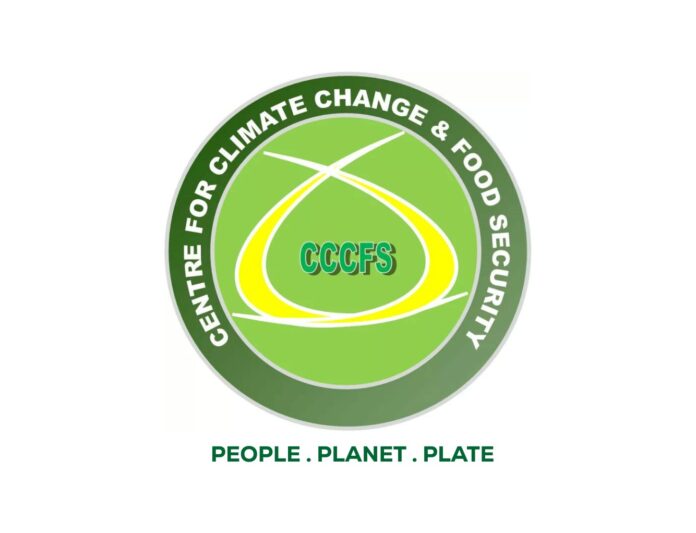The Centre for Climate Change & Food Security (CCCFS) is making a strong case for sustainable housing practices to counteract potential temperature increases in the future. The organization has released a policy brief that emphasizes the importance of sustainable housing as a crucial strategy for both adapting to and mitigating the impacts of climate change.
Key recommendations from the CCCFS include the adoption of sustainable housing systems that integrate climate-responsive designs. This includes enhancements in insulation, natural ventilation, and the use of materials that regulate indoor temperatures. Additionally, the organization is proposing the planting of shade trees for every new house construction as a means of aiding carbon sequestration and reducing both indoor and outdoor temperatures.
The policy brief also emphasizes the need for stringent measures against illegal gold mining, which poses a significant threat to existing forests. Architects and builders are encouraged to curtail excessive glazing in building structures, with a focus on exploring alternative design strategies to strike a balance between natural light and heat gain.
In a groundbreaking research finding, the CCCFS has highlighted the indiscriminate felling of remaining trees in urban areas, particularly in Greater Kumasi. This research underscores the importance of preserving existing green spaces for their cooling effects and overall environmental benefits.
Director of Research, Sulemana Issifu, has emphasized the need for stringent enforcement of legislation protecting urban trees and proposing strict penalties for unauthorized tree felling. He also advocated for community awareness programs to educate citizens on the importance of tree preservation and sustainable practices.
According to Mr. Issifu, embracing sustainable housing practices and preserving urban green spaces are critical steps to combat Ghana’s current warming trend. The CCCFS is committed to engaging with policymakers, communities, and the construction industry to bring these recommendations to life, ultimately paving the way for a climate-resilient future.

